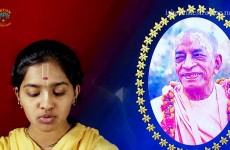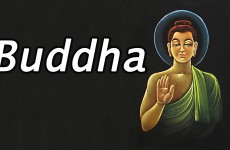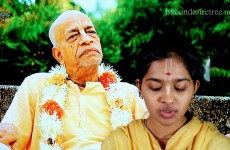Based on Bhagavad Gita Chapter 09, Text 32
Ours is an age that idealizes the equality of all human beings. The American Declaration of Rights which enshrines this equality is widely considered a watershedin human history. Significantly,a similar egalitarian declaration wasmade by the Bhagavad-gita thousands of years earlier.
The Gita espouses the path of bhakti-yoga — the path of pure love for God, Krishna — as the best method for the empowerment and elevation of all. It (9.32) declares, “Those who take shelter in me, though they be of lower birth — women, vaishyas [merchants] and shudras [workers] — can attain the supreme destination.”
Is the reference to women, vaishyas and shudras a sexist or a casteist putdown? Not at all; rather, it is the opposite. Let’s see how.
In orthodox Indian society, there were two major forms of conventional religiosity: ritualistic materialism (karma-kanda) and speculative impersonalism (jnana-kanda). According to their puritanical standards, those with non-intellectual traditional engagements like home-keeping, agriculture or manual labor didn’t have the time or the disposition for ritual purity or metaphysical probing. Consequently, they were deemed under-qualified for spiritual advancement.












































































